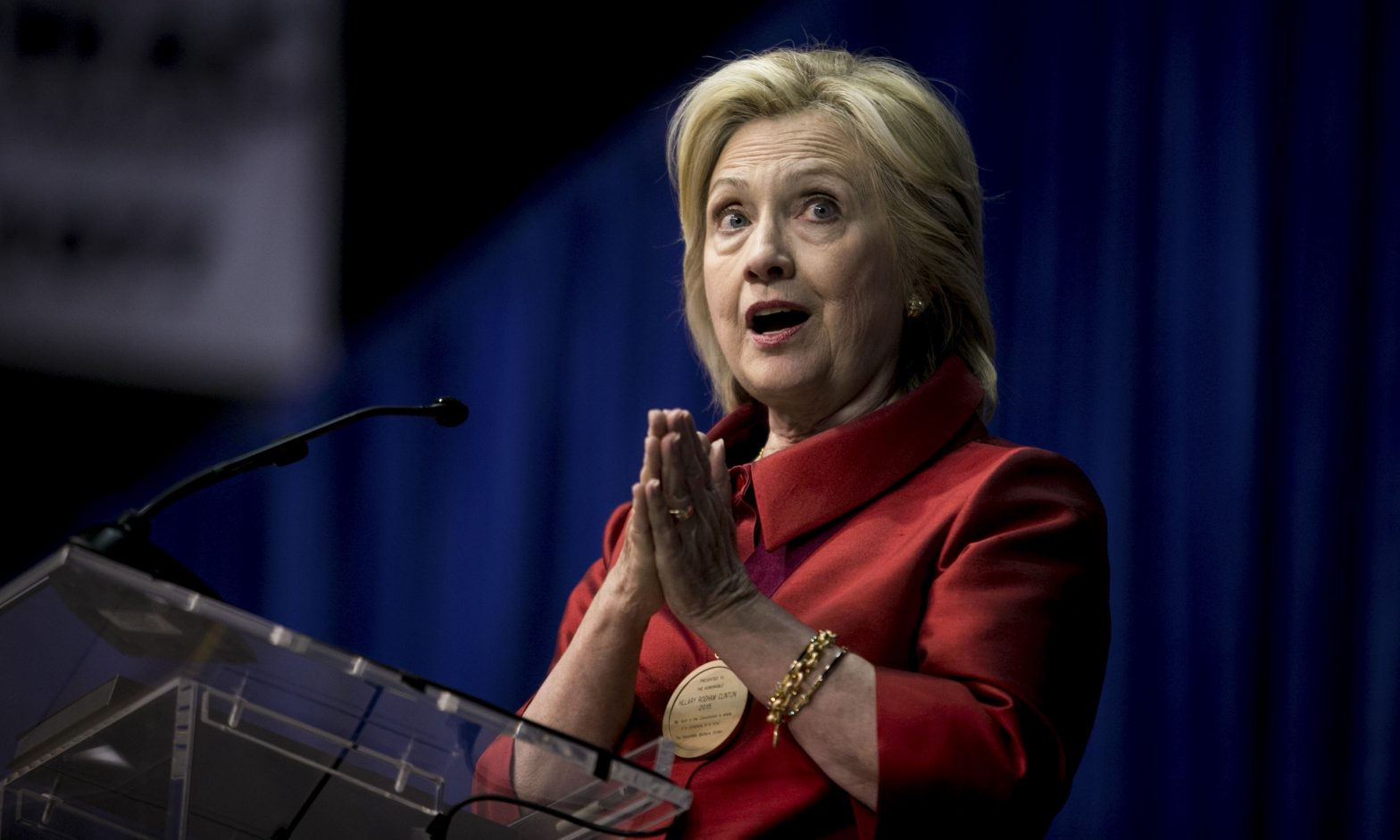In a bid to win the support of the more liberal fringes of her own party before the Democratic primaries, Hillary Clinton has begun to take a more aggressive stance on several key issues, including gay marriage and immigration. The latest such move in her campaign comes in the form of a staunchly liberal take on voting rights. In a speech at Texas Southern University, Clinton called for an automatic voter registration system for those over the age of eighteen and an expansion of early voting to at least twenty days before Election Day. Such an expansion of the voting period would favor college students and lower-income families, both of whom presumably have less freedom to actually go to the polls and vote. Both groups also tend to vote for Democrats, a point which is surely not unknown to Hillary. She then went on to criticize Republicans who supported laws that are perceived as limiting voter rights, specifically naming Chris Christie, Scott Walker, Jeb Bush, and Rick Perry as opponents of greater voting freedom.
Republicans quickly fired back at Hillary’s claims. Christie, a potential presidential candidate, responded, “In New Jersey we have early voting. I don’t want to expand it and increase the opportunities for fraud. Maybe that’s what Mrs. Clinton wants to do.” John Kasich, another Republican exploring a presidential bid, pointed out that his home state of Ohio has 28 days of early voting, while Clinton’s “home state” of New York has no early voting days. This rebuttal certainly hits on the common criticism that Hillary, who ostensibly had some level of influence over voting rights in New York during her stint as a U.S. Senator, does not fight for causes until they become politically viable.
The question is whether or not all this talk about voting rights will help Hillary in the Democratic primaries. While it would certainly be easy to say that the primary season is just a formality before Hillary is announced as the winner, she has faced stiffer competition than she may have expected in the form of the more liberal Martin O’Malley and Bernie Sanders. Both contenders (particularly Sanders) have been able to sell themselves as idealists and true Democrats in opposition to Hillary’s more centrist image. Their truly radical campaign moves (Sanders’ embrace of Socialism, O’Malley’s rejection of Wall Street) put their outsider status in sharp contrast to Clinton’s embrace of the establishment. Seeing how the Democratic Party sells itself on being the champion of the little guy, Hillary must prove to more radical voters that she is ready to take a stand on issues that matter to Democrats. Crusading for expanded voting rights could help her rebrand herself as an authentic liberal.
Beyond the primaries, voting rights could become a contentious issue in the general election. With Republicans already fighting to win over younger voters and minorities, their fight against expanded voting opportunities could be used by savvy Democrats to further paint them as racist, classist dinosaurs clinging to outdated beliefs. On the other hand, the somewhat conspicuous lack in New York (her “home state”) of the very policy for which she is advocating could be turned against Hillary, further establishing her as a member of the establishment whose policies and beliefs are completely dictated by focus groups and polling. On a more philosophical level (which no one cares about because there’s an election to win), voting rights may present a bit of a conundrum to the American public. Is there such a thing as too much access to the government? Should we make it so easy to vote that even people who don’t care about the outcome will have a say? These are legitimate questions that we must grapple with in order to decide what we want the future of our democracy to look like.

